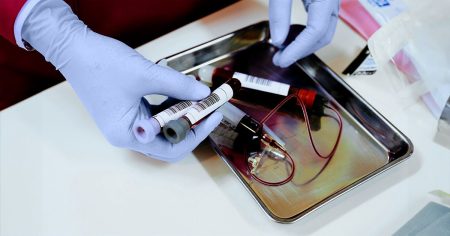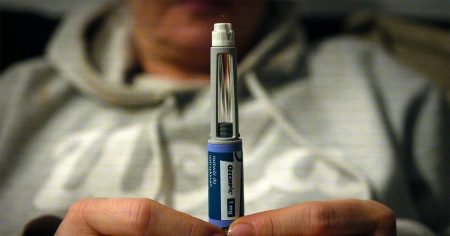A study conducted in Sweden found that individuals with ADHD who were treated with medication had a 19% lower risk of death compared to those with untreated ADHD. The research suggests that ADHD medication may be life-saving, particularly due to the various psychiatric comorbidities associated with the condition, such as depression and bipolar disorder. The study tracked 148,578 individuals with ADHD, with each person followed for two years after diagnosis. The findings showed that individuals who were pharmacologically treated for ADHD had a significantly lower risk of death, specifically from non-natural causes like accidents, suicide, accidental poisoning, or drug overdose.
ADHD is most commonly treated with stimulants like Adderall and Ritalin, which work by increasing neurotransmitter levels in the brain to improve attention, impulse control, and behavior regulation. For individuals who do not respond well to stimulants, non-stimulant medications like atomoxetine and guanfacine are available. The study’s results suggest that prescribed ADHD medication may be life-saving for some individuals with ADHD, given the association between the condition and other mental health conditions. However, as an observational study, there are limitations, and establishing a causal relationship between ADHD medication and reduced mortality risk is challenging.
ADHD can impact both children and adults, though it is primarily diagnosed in young individuals. Approximately 10% of children and teens in the United States have ADHD, with 6 million youth diagnosed between 2016 and 2019. The condition is characterized by traits such as an inability to focus, manage energy levels, and impulsive behavior, often leading to clinical division into three types: predominantly inattentive, predominantly hyperactive, or a combination of both. Diagnosing ADHD requires careful clinical observation and assessment, as symptoms can vary between individuals and may present differently in males and females.
In recent years, there has been a shortage of both Adderall and Ritalin, making it challenging to provide consistent treatment for individuals with ADHD. Factors contributing to the shortage include production issues, manufacturing problems, material supply issues, and increased demand during the COVID-19 pandemic. Recreational use of Adderall has also contributed to the shortage, with a significant increase in nonprescription Adderall use and related emergency room visits reported in a 2016 study. The shortage underscores the importance of adequate ADHD medication supplies to ensure that individuals receive the treatment they need to potentially add years to their lives when taken as prescribed.
The study’s strengths include a large sample size, longitudinal design, and use of electronic health records to minimize bias, though further research is needed to address the heterogeneity of the study population and potential selection bias. While the findings provide valuable insights into the potential benefits of ADHD medication in reducing mortality risks, there is always the possibility of confounding factors affecting the results. Moving forward, ensuring an adequate supply of ADHD medications is crucial to support individuals with ADHD and potentially improve their overall health outcomes.















